11 of the Best Lenses for Beginners & 4 Features to Look For
Hire film gear from local filmmakers.

Hire film gear from local filmmakers.
The lens is the second most crucial purchase outside the camera body itself.
But which of the many different camera lenses should you get?
Read along, and you'll learn about the best lens for beginners and what to look for when you're getting a lens.
If you want to learn more about essential gear for photography, look no further than our article on camera equipment.
5 of the best prime lenses for beginners
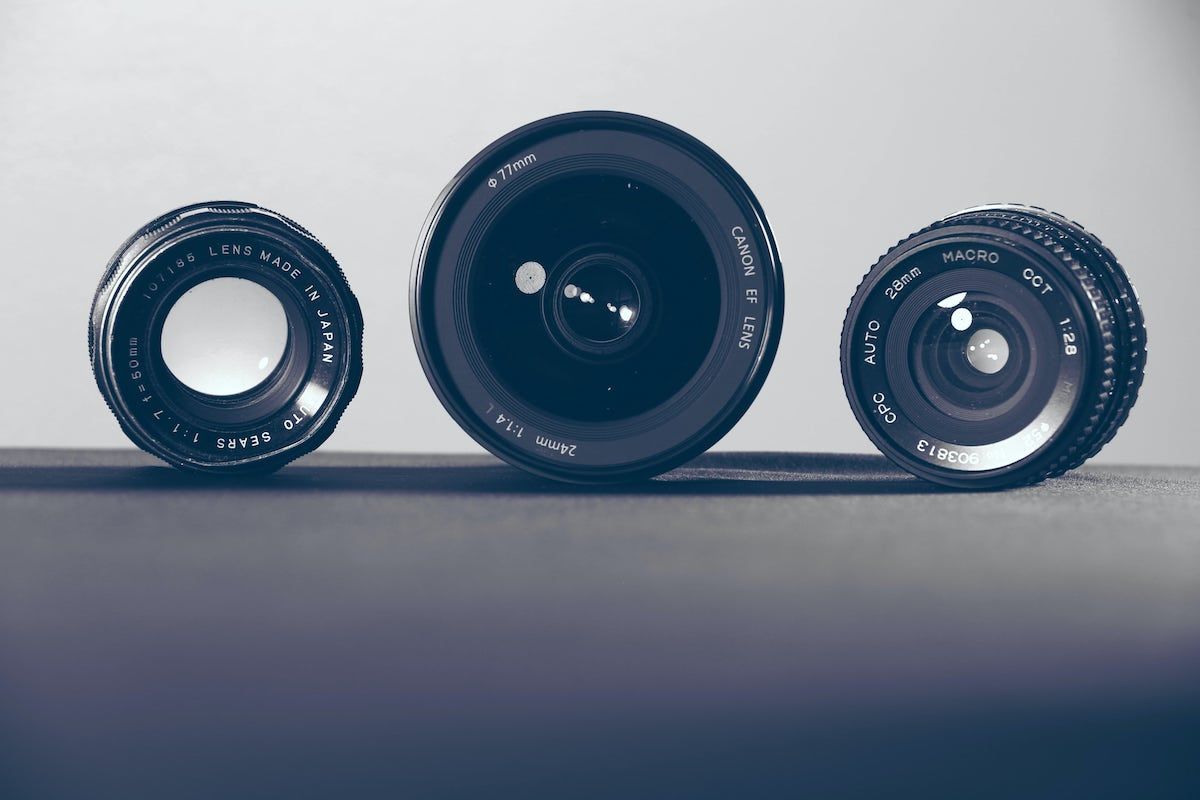
1. Canon EF 50mm f/1.8
- EF mount
- Prime lens
- Focal Length: 50mm
- Aperture Range: f/1.8
- Filter Size: 77mm
- Weight: 5.6 oz. (160 g)
- Price: 125$ / 119€
Pros
- Weight
- Price
- Shallow depth of field
- Compact
Cons
- Not that sturdy
- Loud
2. Nikon 50mm f/1.8D
- F mount
- Prime lens
- Focal Length: 50mm
- Aperture Range: f/1.8 - f/22
- Filter Size: 52mm
- Weight: 5.5 oz. (155 g)
- Price: 132$ / 126€
Pros
- Weight
- Price
- Wide aperture range
Cons
- Not that sturdy
- Can be soft at f/2 or wider
3. Sony 50mm f/1.8DT
- Sony A mount
- Prime lens
- Focal Length: 75mm (35mm equivalent)
- Aperture Range: f/1.8 - f/22
- Filter Size: 49mm
- Weight: 6 oz. (170 g)
- Price: 118$ / 112€
Pros
- Weight
- Price
- Compact
Cons
- Build quality is average
- Loud
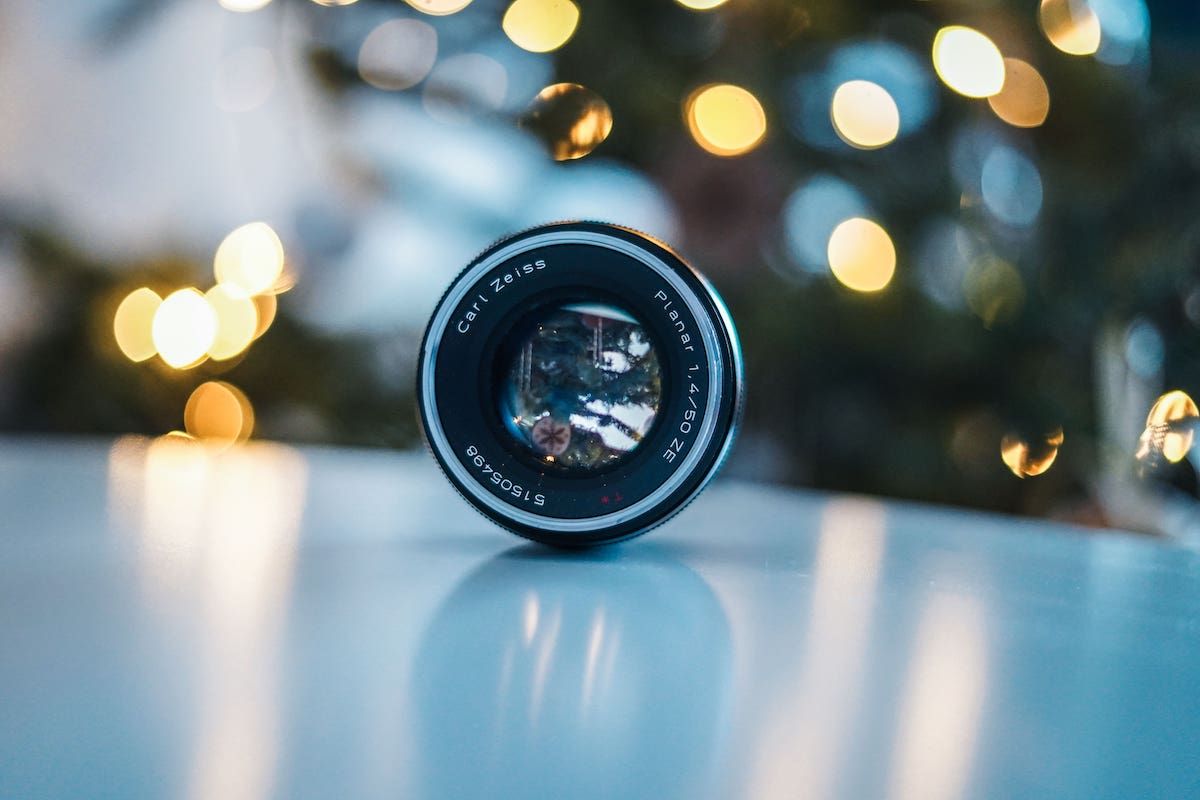
4. Canon EF 50mm f/1.4 USM AF Lens
- EF mount
- Prime lens
- Focal Length: 50mm
- Aperture Range: f/1.4 - f/22
- Filter Size: 58mm
- Weight: 10.2 oz. (290 g)
- Price: 399$ / 379€
Pros
- Weight
- Price
- Compact
- Great low light capabilities
Cons
- Not that good in bright light situations
- Autofocus becomes loud over time
5. Nikon 85mm f/1.4G
- F mount
- Prime lens
- Focal Length: 85mm
- Aperture Range: f/1.4 - f/16
- Filter Size: 77mm
- Weight: 21 oz. (595 g)
- Price: 1597$ / 1520€
Pros
- Very sharp
- Minimal distortion
- Great bright aperture
Cons
- Weight
- Price
3 of the best wide-angle lenses for beginners
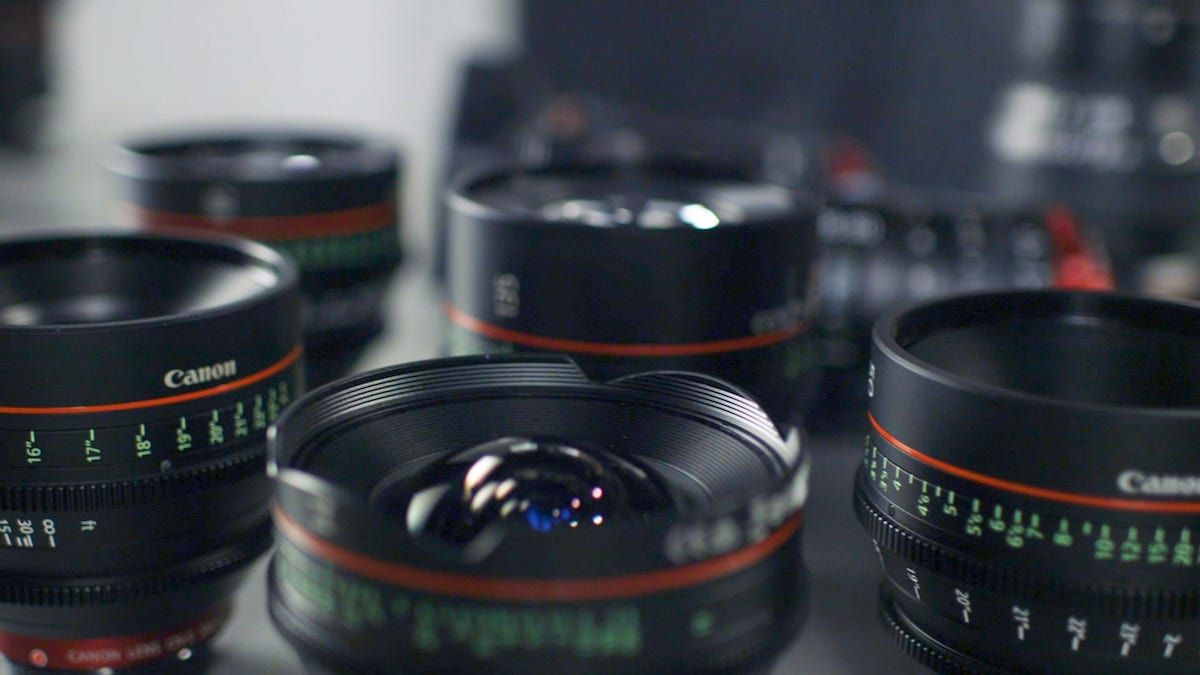
1. Nikon 35mm f/1.8G AF-S DX
- F mount
- Prime lens
- Focal Length: 35mm
- Aperture Range: f/1.8
- Filter Size: 52mm
- Weight: 7 oz. (197 g)
- Price: 178$ / 170€
Pros
- Price
- Compact
- Weight
- Bright aperture
- Good image quality
Cons
- A little barrel distortion
- Lack of optical stabilization
2. Tokina 24-70mm lens
- F mount
- Zoom lens
- Focal Length: 24-70mm
- Aperture Range: f/2.8 - f/22
- Filter Size: 82mm
- Weight: 2.2 lb (1000 g)
- Price: 699$ / 667€
Pros
- Good image quality
- Good build quality
- Compact
- Great bokeh
Cons
- Audible autofocus
- Lack of image stabilization
3. Canon EF-S 10mm-22mm f/3.5-4.5 USM
- EF-S mount
- Zoom lens
- Focal Length: 10-22mm
- Aperture Range: f/3.5 - f/27
- Filter Size: 77mm
- Weight: 13.6 oz. (385 g)
- Price: 649$ / 619€
Pros
- Very sharp
- Minimal distortion
- Weight
- Great bright aperture
Cons
- Not that sharp in low light
- Some lateral chromatic aberration
3 of the best zoom lenses for beginners
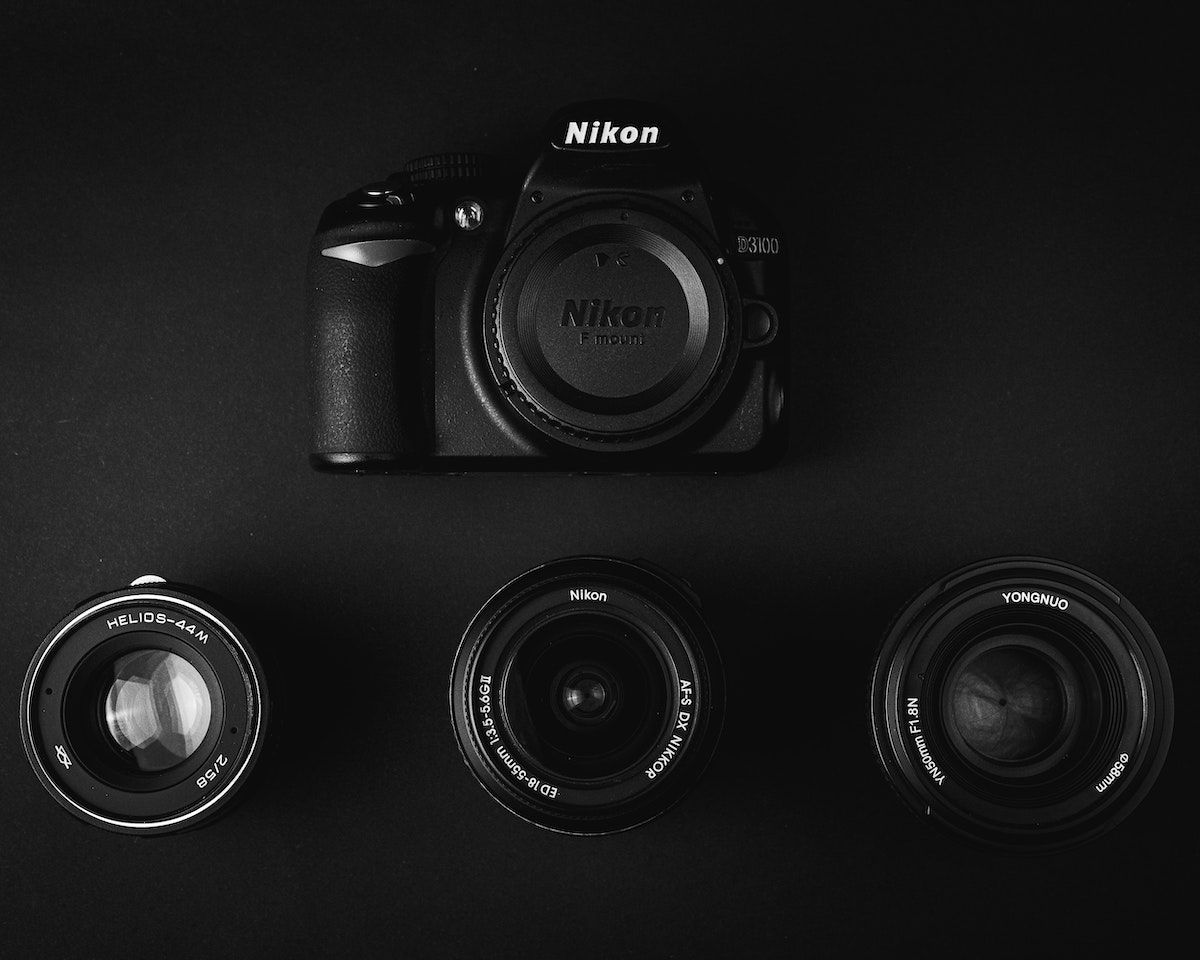
1. Sony 55-200mm f/4-5.6 DT
- Sony A mount
- Zoom lens
- Focal Length: 55mm - 200mm
- Aperture Range: f/4 - f/45
- Filter Size: 55mm
- Weight: 10.8 oz (305 g)
- Price: 199$ / 190€
Pros
- Weight
- Good focal length
- Price
Cons
- Not sturdy
2. Canon EF 75-300mm f/4-5.6
- EF mount
- Zoom lens
- Focal Length: 75mm - 300mm
- Aperture Range: f/4 - f/32
- Filter Size: 58mm
- Weight: 1.1 lb (480 g)
- Price: 199$ / 190€
Pros
- Good built-in autofocus
- Works with full-frame sensors
- Good focal length
- Price
Cons
- Weight
- Slow aperture on wider lengths
- Lack of weather sealing
3. Tamron 28-300mm lens
- EF mount
- Zoom lens
- Focal Length: 28mm - 300mm
- Aperture Range: f/3.5 - f/6.3
- Filter Size: 67mm
- Weight: 1.19 lb (540 g)
- Price: 499$ / 475€
Pros
- Very sharp
- Great image stabilization
- Good zoom range
Cons
- Noticeable distortion on wide focal lengths
4 Features in a good beginner camera lens
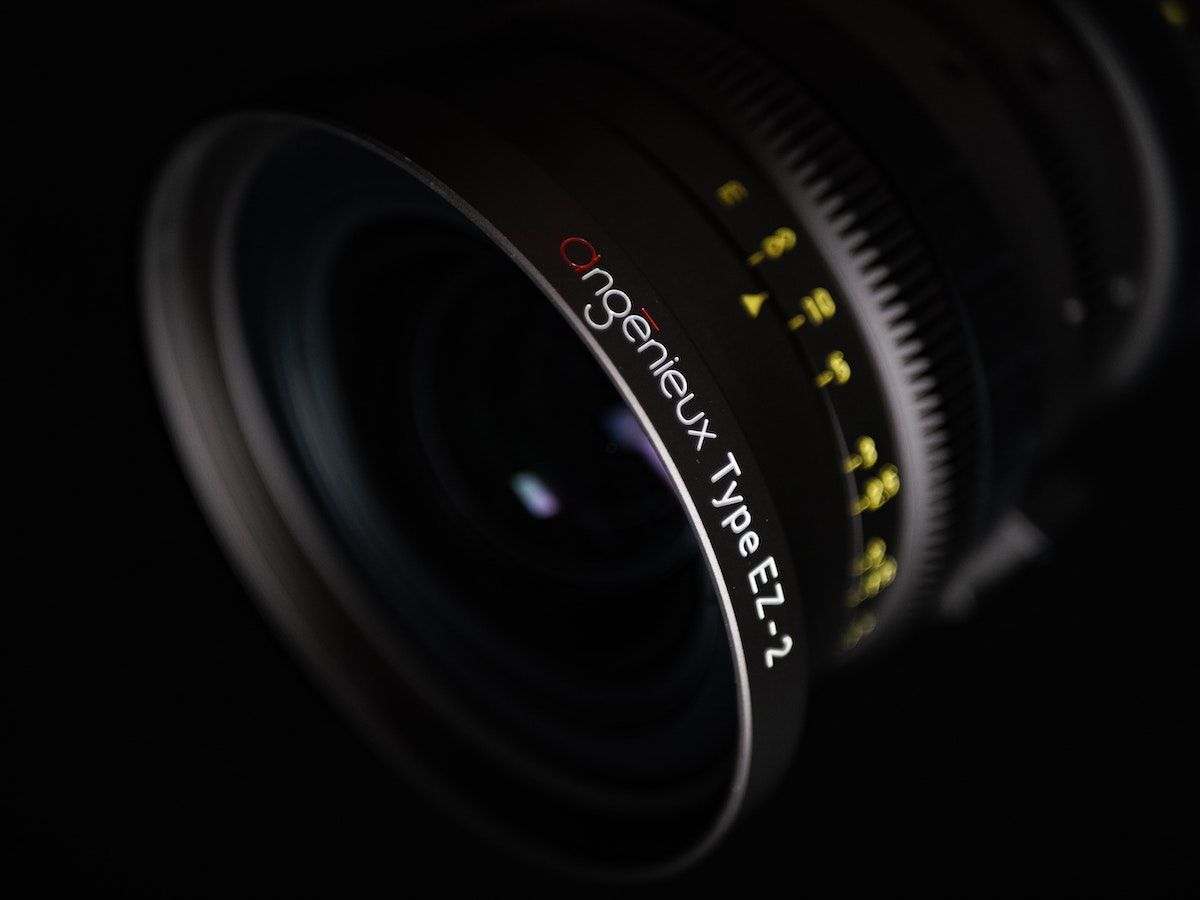
1. Versatile focal length
When buying your first camera lens, you stand before your first crossroads when choosing between a zoom lens or a prime lens.
The zoom lens is versatile and allows for many types of uses because it has an adjustable focal length. In other words, it will enable you to zoom in on the lens. It is the one for you if you're a beginner.
The prime lens is faster, lighter, and takes sharper images.
However, they're not as versatile as the zoom lens because they have a fixed focal length. They excel in taking detailed pictures, making them perfect in situations where you don't have to zoom in.
If you need to get closer to your subject, you have no choice but to physically move. And that is why it can become a bit harder to use for a beginner.
So consider investing in a zoom lens until you get the hang of the art of photography. Then you can see if you still need a versatile focal length.
2. A wide maximum aperture
The aperture describes how much light is allowed to hit the image sensor, affecting the picture's overall brightness.
A wider aperture means more light can pass through to the lens, and the image will be brighter. This is great for any situation where light is not readily available.
Considering you're just starting out, you've probably not yet gotten the hang of lighting. With a wider maximum aperture, that becomes more forgiving.
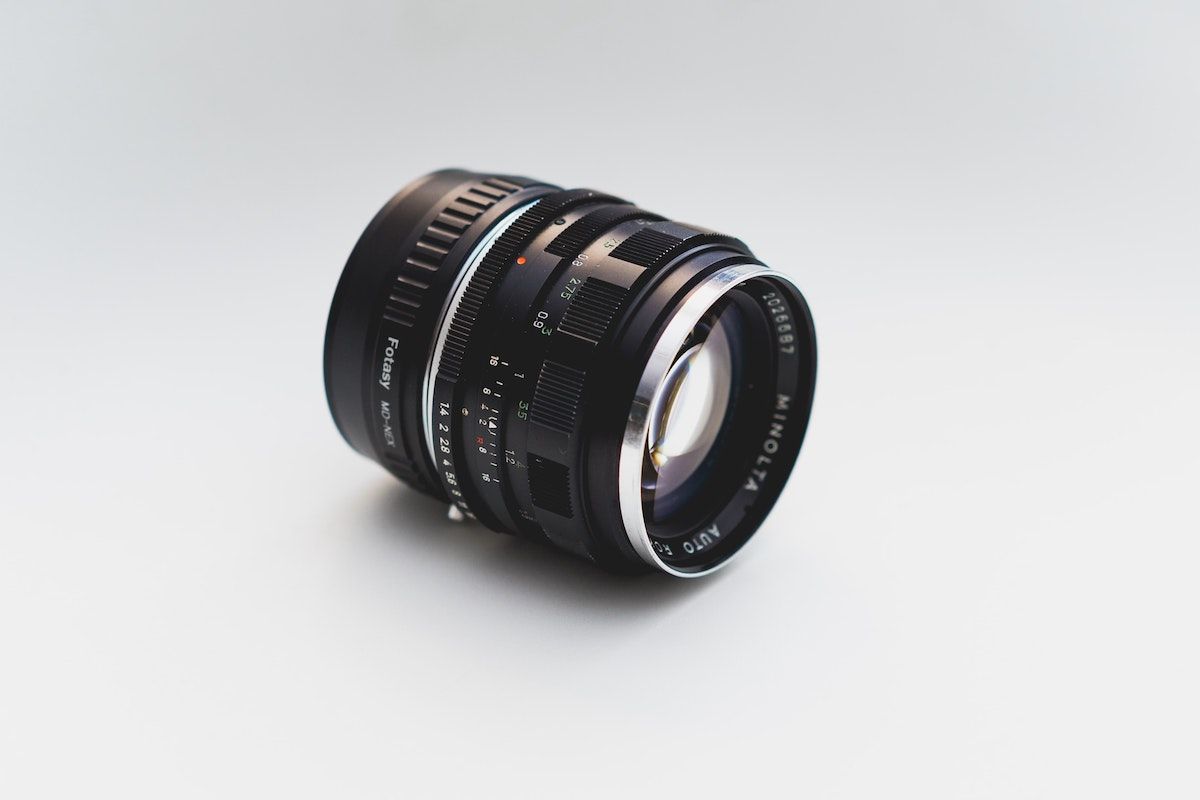
3. Comes with image stabilization
Image stabilization reduces/removes blur caused by a shaky camera. The image stabilization counteracts the shake that's happening in real life.
It is excellent for anyone shooting in freehand because no matter how little you believe your hands shake, it always shows on the picture.
If you're planning on using a tripod for ALL of your shots, this isn't really that important. But when your camera isn't stabilized physically, this becomes vital.
4. Minimum lens distortion
Lens distortion is the distortion that exists on every single lens ever created.
Lens distortion is when your lens causes distortion that makes your images look different from the real world. Lens distortion occurs on any lens. However, it varies in degree how bad it is.
You'll need to pull up post-processing software such as Photoshop to fix or counteract lens distortion.
If you're new, you'll probably want to avoid having to do as much fixing in post as possible. So getting a lens with little distortion is the way to go.
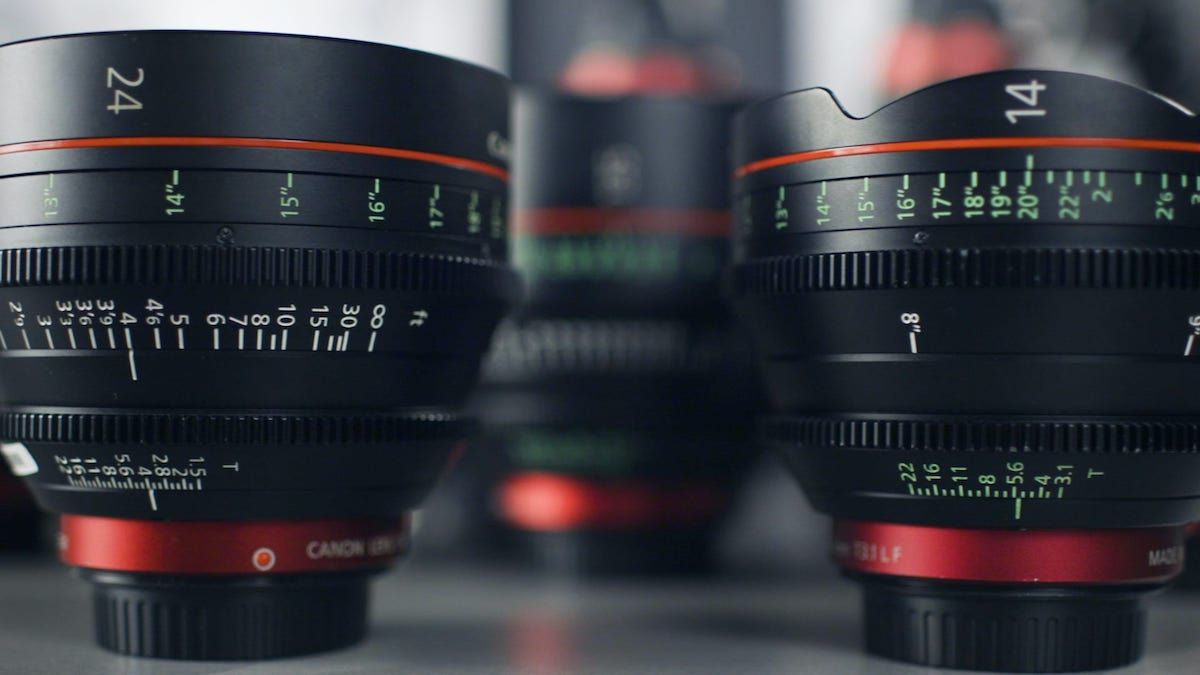
Rent or subscribe to your first lens
Hopefully, you enjoyed our article on the best lens for beginners.
If you're unsure what to commit to, consider trying a lens first. To do that, you can go and rent or subscribe to a lens on Wedio.
What is the best lens for beginner photographers?
Sony 55-200mm f/4-5.6 DT.
How many lenses should a beginner photographer have?
With a versatile zoom lens, a beginner photographer can settle with 1 lens.
Is Canon or Nikon better for beginners?
Canon and Nikon are both great brands for beginners with each of their pros and cons.






















